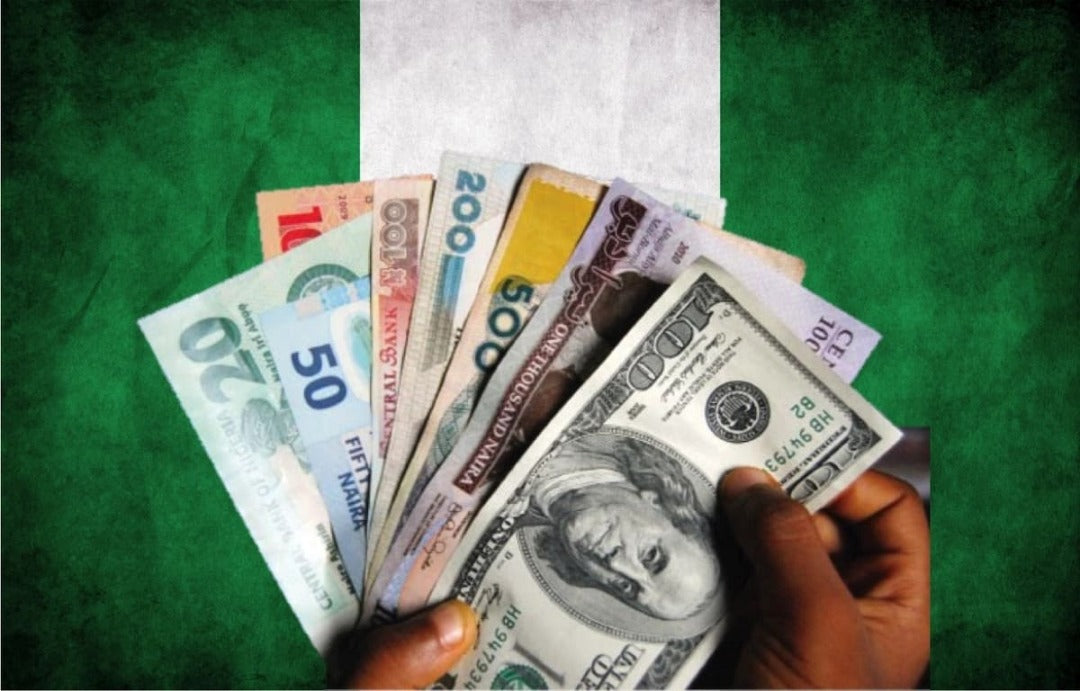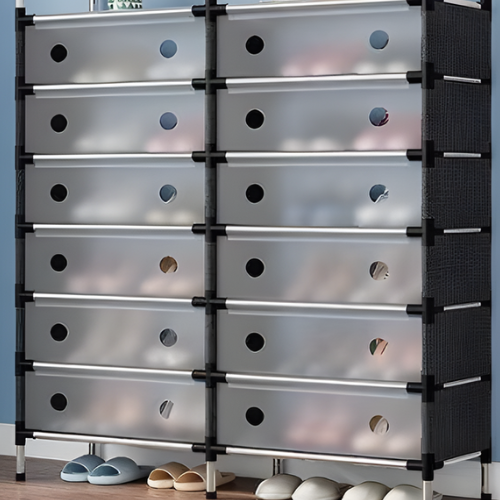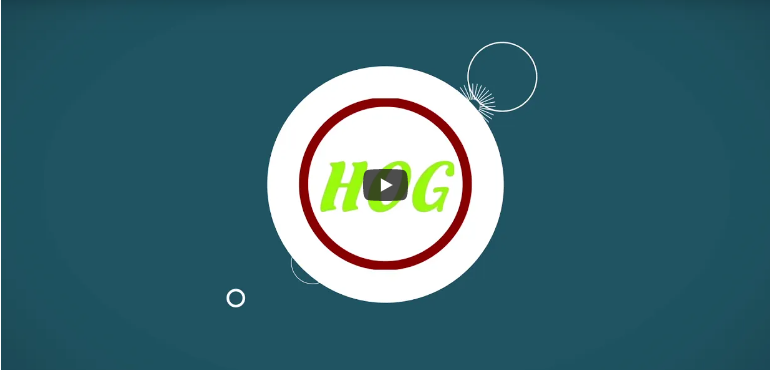This article is part of the HOGDigest editorial series. → Explore HOGDigest
HOG becoming people's favourite online e-retail platform, it own to its self a robust experience due to many years of solid relationship with many consumers of furniture, furnishing and interior décor.
It's therefore expedient to educate our customers and by extension sellers on our platform as they stay abreast of current economic policies which one way or the other voluntarily or involuntarily affect our economic decisions, and as we all continue to stay afloat from the inflationary pressure.
On the 27th of September, few days to the Nigeria's 62nd Independence celebrations, the central bank through it policy-setting committee has raised the monetary policy rate from the July increment of 14% to 15.5%. According to the Apex bank, this decision is necessary in order to mitigate the high rise of inflation which according to the National Bureau of Statistics{NBS}, the inflation rate has gone up by juxta-posing the 19.64 per cent in July to 20.52% in September. From all indications as hinted by the Apex bank, increase in prices of relevant goods and services may persist in the coming months.
It's no surprising that food inflation rose up to 23.12 per cent from 22.02 per cent in July especially on staple foods. Nigeria as a developing country, the Consumer Price Index basket is on food, school Tuition etc which are used for measuring inflation. The CPI basket may be constant, but however can be tweaked to show a change in the consumption pattern.
As it's, the central bank need not to rest on its oars but continue to ensure strict monetary policy to nip in the bud inflationary trend by curbing any lapses that may berate the effort of Apex economic institution especially when the electioneering period has begun when a lot of political actors would throw caution in air by embarking on a massive money supply into the economy.
No doubt, an increase in supply of money brings about economic growth as it generate more investment and put more money in the pockets of many consumers, thereby encouraging spending as many manufacturers orders for more raw materials, hence increasing production and employment of labour.
However country like Zimbabwe cannot forget in a hurry when the country embarked on excessive influx of money supply into its economy due to hyperinflation as the government would never have imagine the devastating effect on their currency.
But to a layman on the street whose economics knowledge is not well refined, such person would only be lost in this economics dynamism.
A contractionary monetary policy is the one adopted to limit money supply in driving macroeconomic performance. It's not surprising as the apex bank increased the interest rate on all its intervention facilities from 5% to 9% per annum which took effect on 20th of July 2022. So as the interest rate rises, the cost of borrowing also increases, and the almighty inflation would drastically reduce.
In the rise of inflation, consumers nominal income does not increase as much as prices, so they find it difficult as their purchasing power falls. And not to even think of those paying fixed interest rates. A pensioner who received a 5% yearly increase, if inflation is higher than 5%, definitely purchasing power fall.
With the Central Bank directives to all banks to transfer 32.5% of customer's deposit to them is a way of moderating monetary liquidity in the country as interest rates rises, no doubt it will extensively affect on the naira note positively as importation will be favorable because the exchange rate will appreciate.
it's however pertinent to note here that every economic decision has it advantages and disadvantages
Since the interest rates and inflation are closely related as the former affect the cost of borrowing, and the latter affects the cost of saving. Having discovered that an increase one leads to decrease in the other, it's then advisable for the Central Bank, though it's an herculean task to strike a balance between them as it ensure interest is low by encouraging consumer spending while inflation is checked and prices of goods and services remain affordable.
And also, its effect on businesses can never be quantifiable since the interest rate is high, demand for it will definitely go down, while consumer prefer to save money than spending it. When few goods and services are purchased, businesses will start struggling generate more revenue.
The higher interest rate can discourage some people from starting new businesses as loan to kick-start it may be too costly to service as only financial institutions flourish as they are able to charge making more money for themselves.
Author: Olatunji Olasehan

Olatunji Olasehan, is an educationist by profession, but currently a Merchant recruiter & Affiliate manager at HOG- Home. Office. Garden online marketplace. He just regained his long time love for writing as he expresses himself in the mood of Art that depicts his nature in a stylish manner towards appreciating his evolving environment.
References:
https://www.ig.com/uk/news-and-trade-ideas/other-news/what-are-the-effects-of-rising-interest-rates-181101
https://www.imf.org/external/pubs/ft/fandd/basics/monpol.htm





























